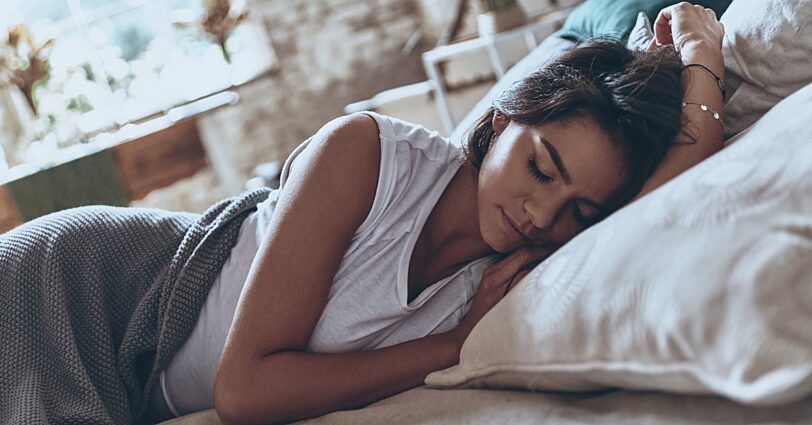
Getting enough sleep is an important part of our general health and wellness. A lack of sleep has a serious impact on physical and mental health.
How to Get Better Sleep
Getting enough sleep is an important part of our general health and wellness. A lack of sleep has a serious impact on physical and mental health.
Sleep deprivation can cause:
- Memory problems
- Trouble thinking clearly and concentrating,
- Mood changes,
- A weaken immune system
- Increase blood pressure
- Increase the risk of developing diabetes and the chances of being in an accident (Healthline, 2020)
There are many conditions that can cause or exacerbate sleep disturbances including: anxiety disorders, depression and other mood disorders, and medical conditions such as chronic pain and sleep apnea.
Depression and sleep are closely connected. People with depression tend to experience sleep problems. People with depression are more likely than the general population to have an associated sleep disorder including insomnia- trouble falling or staying asleep, hypersomnia-sleeping too much, and sleep apnea. On the other hand, poor sleep can contribute, even cause the development of depression. Fortunately, people who are treated for depression usually experience improved sleep duration and quality. Depression treatments that can also help with better sleep include psychotherapy, medication, or the combination of the two (Newsom, 2020).
Anxiety disorders and sleep also have a close and bidirectional relationship. Anxiety, fear, and worry can make it difficult to fall and/or stay asleep.
Anxiety disorders such as:
- Generalized anxiety disorder
- Panic disorder
- Social anxiety disorder
- Phobias
- Obsessive compulsive-related disorders
- Trauma-related disorders like posttraumatic stress disorder
These are highly associated with sleep disorders; the most common- insomnia. On the other hand, poor sleep can exacerbate anxiety and cause anxiety about the ability to sleep, creating a vicious cycle or worsening anxiety symptoms and poor sleep.
If you are struggling with sleep disturbances associated with depression, another mood disorder, or an anxiety disorder, speak to your doctor and consider seeing a therapist. A therapist can help by working with you on symptom management such as: coping strategies, relaxation techniques, more helpful ways of thinking, and problem solving. Sleep hygiene is the practice of good sleep habits and behaviors that promote regular sleep and sleep quality. Fortunately, there are immediate changes that can be made to improve sleep quality.
Below are some tips to get better sleep.
- Avoid caffeine, alcohol, and nicotine several hours before bed.
- Exercise a few times a week. Exercise can help you fall asleep more easily.Avoid large meals before bed.
- Get a few minutes of sunlight each day to help your brain’s natural circadian rhythm.
- Go to bed at the same time every night.
- Make your bedroom comfortable. Keep your bedroom dark, cool, and quiet; use white noise; if little noises disrupt your sleep; make sure your mattress, pillows, and blankets are comfortable.
- Only use your bed for sex and sleep.
- Avoid scrolling on your cell phone or watching TV right before bed. Blue light can negatively affect sleep quality.
- Read before bed to help you feel sleepy.
- Listen to a bedtime-guided meditation or soothing music.
Work Cited
Newsom, Rob. “Depression and Sleep.” Sleep Foundation, 18 Sept. 2020, www.sleepfoundation.org/mental-health/depression-and-sleep.
Watson, Stephanie, and Kristeen Cherney. “11 Effects of Sleep Deprivation on Your Body.” Healthline, 15 May 2020,
www.healthline.com/health/sleep-deprivation/effects-on-body.



